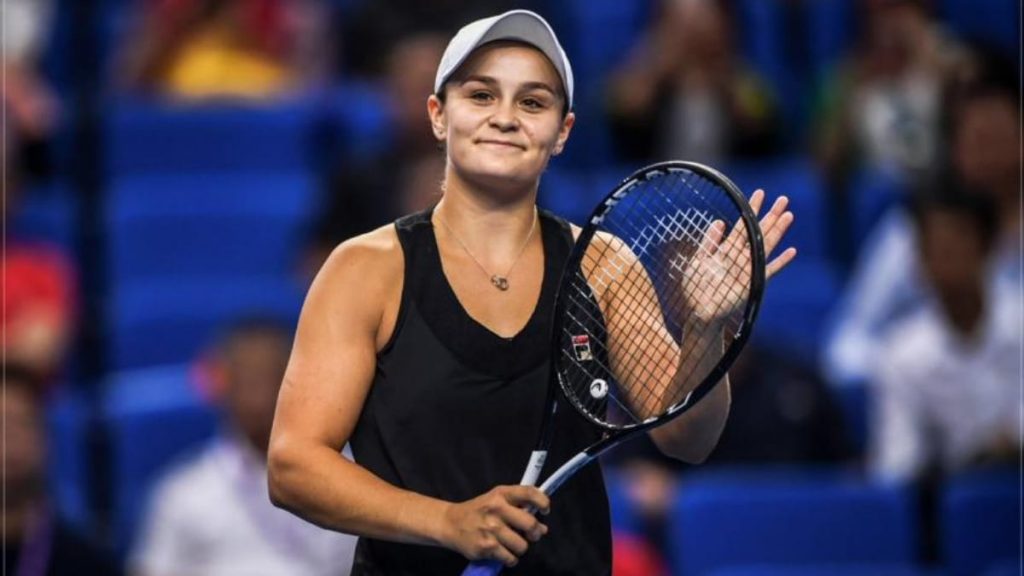World No.1 Ashleigh Barty promotes tennis in indigenous Australian communities

Ashleigh Barty promotes tennis

World No.1 Ashleigh Barty after deciding not to participate in the US Open, gained some time for herself and has spent some of it promoting tennis in indigenous communities in the far north of Australia.
When last July, she hit number one since Evonne Goolagong Cawley to top the world rankings, the 24-year-old French Open champion became the first Indigenous Australian.
Barty, who is an ambassador for Tennis Australia, has spent a week in the tropical north of her home state of Queensland working with local Aboriginal youngsters, for those who suffer disproportionately from many debilitating health issues such as type 2 diabetes and heart disease, conditions where regular exercise can make a big difference.
Barty promotes tennis in indigenous Australian communities

After visiting a Cairns school, Barty said, “It’s all about giving opportunity to indigenous youth and providing pathways through tennis to show what our sport can do for our culture. It’s really special to be able to give young kids, older kids, people of all ages that opportunity to grow and learn about how much sport has to offer in the way of connecting people.” as reported by REUTERS.
This week, Tennis Australia announced that over the next three years, they will be funding indigenous tennis programs in Queensland, while spending A$115,000 ($82,788.50).
“It’s a massive stepping stone, it’s a pathway for young kids to see an opportunity, not just in tennis, but in education, in experiences, in all of these different things. Tennis brought joy and happiness to my life and to be able to experience that with kids all over the country is incredible,” Barty concluded.
Also Read World No. 1 Ashleigh Barty to skip US Open due to COVID-19 concern

